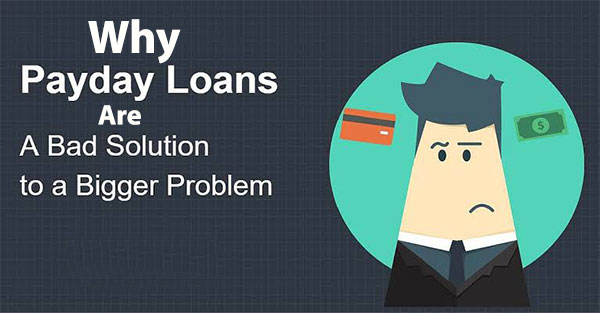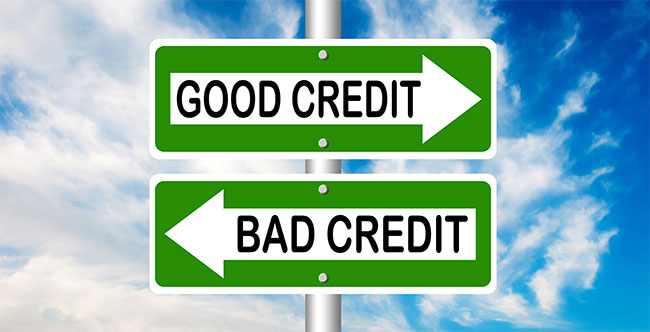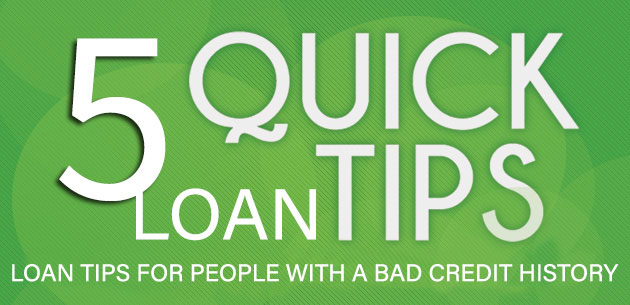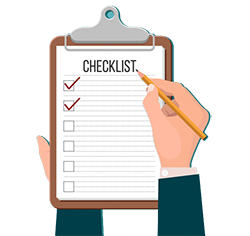
Car Loans For Non-Residents In Australia
Car Loans For Non-Residents In Australia
When you are living in Australia for an extended period, you will often need a car and the cost of hiring one for a long period of time will often be very expensive, and at the end of hiring this car you have nothing to show for the money you have spent. You can try public transport, taxis or uber however they can be inconvenient and costly as well.
The other solution for most non-residents that intend to stay here for many years/have the intention to become a permanent resident in Australia is getting a car loan. To a visa holder, a car loan can seem rather difficult to obtain as many finance companies require their customers to be either citizens of Australia or a permanent resident of Australia in order to lend money to. The problem you are going to have is convincing a lender to lend you the money when you cannot prove that you are either going to stay in the country long enough to pay off the loan or pay it off before you leave.
However, that is not the be all end all, in fact there are some finance companies that will lend to customers on certain visas. Please see below to view a full list of visas’ that the lenders on our lending panel will accept for a customer to be eligible for a car loan.
To qualify for a car loan when in Australian on a visa, you must meet the below criteria and hold one of the visa’s below, if the visa you are currently holding is not listed below then unfortunately we will not be able to assist you.
Lending Criteria
- Must hold a current valid visa that is listed below
- Visa must have a period of over 3 years left before it runs out
- Loan terms are a minimum of 3 years
- Must be currently employed for a period of 6 months or more
- Previous bad credit is acceptable but limited
- The size of the loan will be limited to your overall profile and ability to pay.
Acceptable Visa’s
Skilled Work Visas
- 457 – Skilled Workers Visa (Subclass 457) 4yrs
- (Occupation must be listed on MLTSSL) Max Age 45 Min Salary $53,900GPA
- 475 – Skilled Regional Sponsored Visa (Subclass 475)
- 186 – Employee Nominated Scheme (Subclass 186)
- 187 – Regional Sponsored Migration Scheme (subclass 187)
- 189 – Skilled Independent Visa (subclass 189) (EOI TESTED)
- 885 – Skilled Independent Visa (Subclass 885)
- 190 – Skilled Nominated Visa (subclass 190) (EOI TESTED)
- 489 – Skilled Regional Visa (Subclass 489) (Government Nominated)
- 175 – Skilled Independent Visa (Subclass 175)
- 176 – Skilled Sponsored Visa (Subclass 176)
- 887 – Skilled Regional Visa (Subclass 887)
Partnered and Family Visas
- 801 – Permanent Partner Visa (Resident) (Subclass 801)
- 100 – Permanent Partner Visa (Migrant)(Subclass 100)
- 143 – Contributory Parent Visa (Subclass 143)
- 184 – Contributory Aged Parent Visa (Subclass 864)
Protection Visa’s
- 866 – Protection Visa (Subclass 866)
- 790 – Safe Haven Enterprise Visa (Subclass 790)
- 200 – Refugee Visa (Subclass 200)
- 202 – Global Special Humanitarian (Subclass 202)
- 785 – Temporary Protection Visa (Subclass 785)
Permanent Resident Visas
- 155 – Resident Return Visa (Subclass 155)
- 157 – Return Resident Visa (Subclass 157)
Business Innovation Visas
- 188 – Business Innovation and Investment Visa (Subclass 188)
- 888 – Business Innovation and Investment Visa (Subclass 888)
Ready To Apply?




